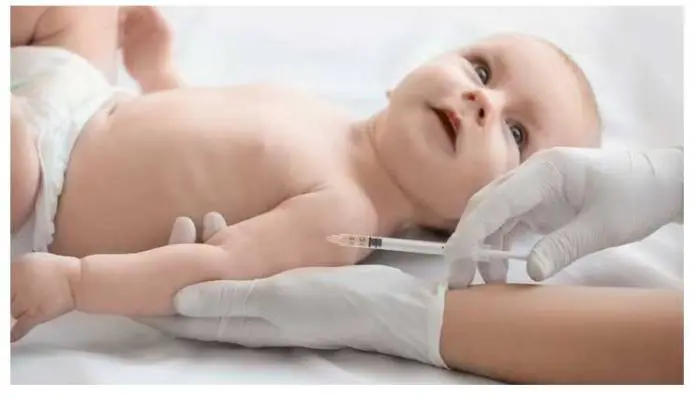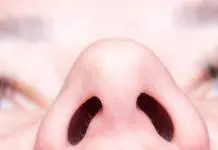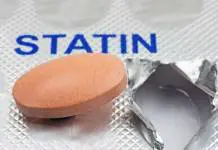
The Antimicrobial Drugs Advisory Committee of the US Food and Drug Administration (FDA) approved a new monoclonal antibody to protect babies against respiratory syncytial virus (RSV). The new drug, manufactured by Sanofi and AstraZeneca, is called nirsevimab in the US and Beyfortus in Europe.
FDA advisers voted in favor of nirsevimab by 21-0 on Thursday, and the committee voted to have the drug administered to children up to two years and who are highly vulnerable to RSV by a vote of 19-2. The committee and the manufacturers said nirsevimab would protect children against lower respiratory diseases that are associated with RSV.
With these positive votes, the FDA will now review the recommendations and give a final ruling in the next few months. Nirsevimab is to be administered to infants as a single shot at birth or shortly prior to a baby’s first RSV season. It can also be given as a larger dose to children who are highly susceptible to RSV in their second RSV season.
The monoclonal antibody starts to work immediately after it is administered and does not take time to build the body’s immunity like vaccines. During trials, the drug reduced the chances of lower respiratory tract infections linked to RSV by 75% and hospitalization related to the disease by 78%. The executive vice president of vaccines at Sanofi, Thomas Triomphe, expressed satisfaction with the FDA committee’s approval.
“Most babies hospitalized with RSV are born at term and healthy, which is why interventions specifically designed to protect all infants are likely to result in the greatest impact,” Triomphe said. “We are encouraged by the Advisory Committee’s positive vote based on the compelling clinical development program supporting nirsevimab and its breakthrough potential to reduce the magnitude of annual RSV burden.”
In terms of safety, FDA researchers did not find any adverse effects with administering nirsevimab. Some of the observations included rash and reactions at the site of injection. Apart from a final FDA approval, Sanofi and AstraZeneca also look forward to the US Centers for Disease Control and Prevention (CDC) approving and recommending the medication as an antibody before the RSV season starts in the fall.
In May, health authorities in the US and Europe also approved palivizumab or Synagis, another monoclonal antibody, to treat infections in children. High-risk babies get shots of this drug monthly for five months during the RSV season. The drug is administered as an injection. The FDA is similarly working to approve vaccines for pregnant women so that a single shot of the drugs can protect fetuses against RSV infections when they grow up.











